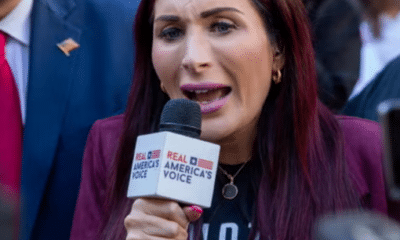Influencer
Student Athlete And Influencer Challenges Approach To $2.8B Collegiate Sports Settlement
Social media influencer Olivia Dunne has emerged as a key critic of the $2.8 billion collegiate sports settlement about NIL valuation, according to an Associated Press report.
The challenge stems from the settlement’s approach to calculating influencer value in the creator economy, as revealed in an April 8 final hearing before U.S. District Judge Claudia Wilken.
“This settlement uses old logic to calculate modern value. It takes a narrow snapshot of a still maturing market and freezes it, ignoring the trajectory we were on and the deals we lost and the future we could have had,” the LSU gymnast testified via Zoom, highlighting a core concern for digital content creators operating in collegiate athletics.
Valuation Framework Inconsistencies Revealed
At the hearing, former Washington linebacker Benjamin Burr-Kirven revealed receiving identical compensation as walk-on teammates despite his decorated athletic career, while certain rotational players reportedly received five times higher valuations than decorated starters.
Additionally, the settlement’s retroactive valuation formula appears to underweight social media and influencer metrics.
These inconsistencies particularly impact creator-athletes who generate value through platforms beyond traditional athletic performance, raising questions about fair market assessments in hybrid athletic-creator careers.
Implementation Timeline and Economic Structure
The settlement framework establishes a July 1 implementation target with several key market mechanisms. Schools will be permitted to distribute up to $20.5 million annually to athletes, while a requirement for fair market value verification will be imposed on NIL deals exceeding $600.
The agreement also includes establishing a clearinghouse to prevent direct “pay for play” arrangements and providing retroactive damages exceeding $2.5 billion for athletes who competed between 2016 and 2024. Judge Wilken has requested both sides return within a week with adjustments to address valuation concerns while maintaining the settlement’s core structure.
The outcome signals a market restructuring, with TCU basketball player and plaintiff Sedona Prince describing it as “the beginning of a new industry.”





















